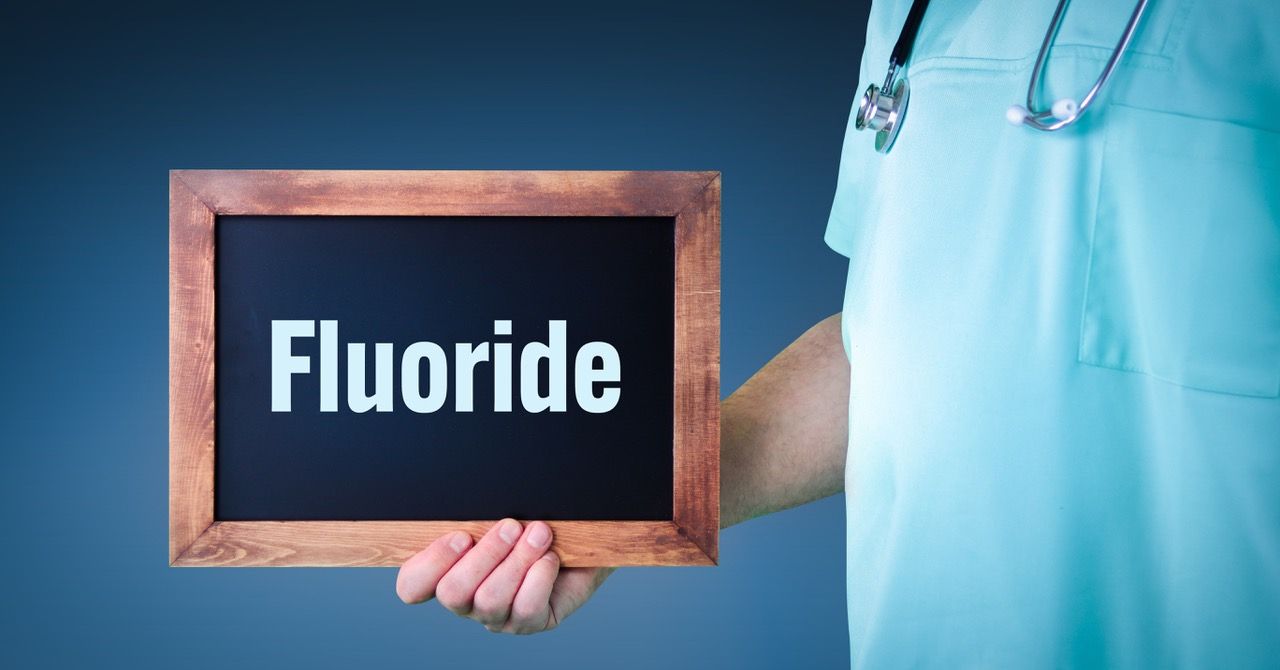Inflation: Bad for Patients, and Not So Good for Providers, Either

The Effect of High Inflation on
Your Ability to Collect
With the U.S. inflation rate now higher than it’s been in 40 years, healthcare providers are wondering what the impact will be on their revenue cycle if patients are unable to pay their medical bills.
A combination of the global supply chain crisis, unexpected demands for certain goods (think, toilet paper), and the increased amount of currency in circulation have created a “perfect storm” for rampant inflation.
But regardless of its causes, what effect can you expect inflation to have on the cash flow of your medical practice?
Problem for Providers
Here are a few reasons high inflation is troublesome for medical practitioners:

Is All Inflation Bad?
Many people believe that all inflation harms everyone financially, but this is a misconception.
In fact, a small and predictable rate of inflation is generally considered not only acceptable but good. That’s because it offers a hedge against something far worse: deflation.
If the inflation rate hovers too close to zero, the risk of deflation (negative inflation) is increased. And that’s when a deflationary spiral can turn hard times into an economic recession or depression.
- Inflation will increase operating costs, especially labor. The current staffing shortages have already resulted in higher staff salaries, overtime pay and temporary worker costs. High inflation will exacerbate these challenges.
- More patients will delay elective care or default on their medical debts, as they struggle with the higher cost of basic necessities.
- The money received from patients who have arranged payment plans -- particularly, longer-term plans -- has decreasing value over time. (In other words, cash now is worth more than cash later).
Impact to Patients
While high inflation rates can have some positive effects on some consumers, most of the repercussions to your patients will be negative.
For instance, as inflation increases, so does the interest rate. This means that consumers who are paying car loans and mortgages at a fixed rate of interest will benefit, since the money they’re paying back is worth less than the money they borrowed. But this benefit will probably be nominal unless they also receive an inflationary wage increase.
In addition, patients who owe on variable-interest loans -- such as those with significant credit card debt -- will end up paying out more because of the higher interest rate.
Also, your patients must spend more on their basic necessities, leaving less money to apply toward their medical bills. Purchasing power decreases whenever prices increase but wages don’t. With less money available to pay their financial obligations, patients are more likely to default on loans of all types, including their medical debt.
How Should You Respond?
If you’re concerned about the impact of inflation on your health center’s bottom line, here are a few suggestions:
Payroll Expenses
You can keep a lid on labor expenses and address staff shortages by automating more processes. Online self-scheduling and registration allows patients to handle these administrative tasks themselves, reducing the need for valuable staff time. The latest tools pre-fill patient information, limiting the risk for errors.

Countries with Highest
Inflation Rates
- Venezuela — 284.4%
- Sudan — 260.2%
- Lebanon — 208.1%
- Syria — 139.0%
- Zimbabwe — 96.4%
- Suriname — 61.5%
- Turkey — 61.1%
- Argentina — 55.1%
- Iran — 34.7%
- Ethiopia — 34.7%
Source: Trading Economics
Billing
Help your patients to better understand their medical bills and payment options. (See “Improve Collectability with Patient-Friendly Billing®.”) And keep your invoicing timely to help minimize revenue cycle issues.
Payment Options
Provide upfront estimates, with links to appropriate payment plans and methods.
This would not only keep recovery cash flowing, it could also motivate patients to proceed with elective care they might otherwise have deferred.
Make sure your payment plans are flexible and accommodating. Offer multiple payment tools, such as an online portal, to simplify ease of payment. You may also consider:
- A prompt-payment discount for paying within a certain time frame;
- Extending the payment term;
- Allowing patients to pre-pay in installments prior to a large, planned medical expense (such as childbirth); and
- Offering some basic services at a flat rate for self-pay patients.
Rely on Us
Surging inflation increases the risk your patients will default on their medical bills. In times like these, it’s important to partner with a collection service that knows the ins and outs of medical collection like no other. That's CBSI.
And our compassionate approach to collection results in a recovery rate that far outpaces the industry. When it comes to debt collection, we’re here to do the heavy lifting – so you can focus on more important matters.
Sources:
Featured Image: Adobe, License Granted
Healthcare Financial Management Association
Khan Academy
Christian Science Monitor
Patient Friendly Billing ® is a proprietary trademark of the
Healthcare Financial Management Association
(HFMA).
Recent Posts











Share On: